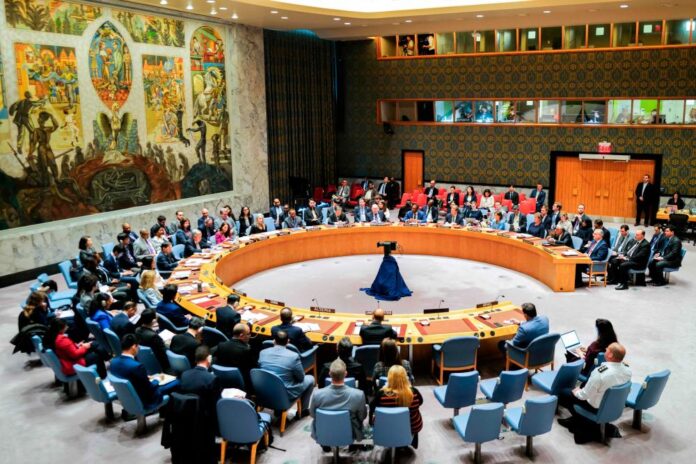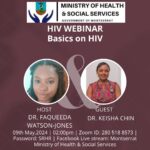The United Nations Security Council has expressed “concern about the possible escalation of tensions” between Guyana and Venezuela as the two countries continue to claim ownership of the Essequibo region.
The dispute over the Essequibo region, approximately 160,000 square km stretch of densely forested land that constitutes two-thirds of Guyana’s territory and is home to roughly 125,000 of its 800,000 citizens, stretches back to the 19th century, when Guyana was under colonial rule.
Venezuela has laid claim to the Essequibo region since 1841, when it argued that the British Empire had encroached on Venezuelan territory in its acquisition of the territory of then-British Guiana from the Netherlands. It has also challenged the validity of the 1899 Paris Arbitral Award through which the border between Venezuela and British Guiana was decided.
The UN Security Council met in private last Tuesday to discuss the recent developments regarding the territorial dispute at the request of Guyana’s President, President Irfaan Ali in an April 5 letter he had submitted to the Council.
In the letter requesting the meeting, Ali cited the “Organic Law for the Defence of Guayana Esequiba”, which President Nicolas Maduro signed on April 3.
Ali warned that this action “cements Venezuela’s intent to annex more than two-thirds of Guyana’s sovereign territory and make it part of Venezuela”.
But Maduro described the law as the implementation of the results of the December 3, 2023 referendum, adding that the law “establishes the creation of state number 24, the state of Guayana Esequiba within the political and territorial organization of the Bolivarian Republic of Venezuela”.
The law also reiterated Venezuela’s rejection of the validity of the 1899 Paris Arbitral Award and the ICJ’s jurisdiction on the matter.
The meeting was held under the theme “Threats to international peace and security” with the Assistant Secretary-General for Europe, Central Asia and the Americas Miroslav Jenča providing a brief to the Council.
According to a statement issued by the Guyana government, the members of the Security Council expressed their concern about the possible escalation of tensions between Venezuela and Guyana.
“They urged the parties to exercise maximum restraint, reminding them of their obligations to comply with the Order of Provisional Measures issued by the International Court of Justice (ICJ) on 1 December 2023.”
The statement said that the Security Council also underlined the importance of maintaining regional peace and security and ensuring that the Latin America and Caribbean region remains a Zone of Peace.
“In this regard, it commended regional efforts which resulted in the conclusion of the Declaration of Peace and Dialogue of Argyle of 14 December 2023 in which Guyana and Venezuela, inter alia, agreed that any controversy between the two states will be resolved in accordance with international law, including the Geneva Agreement of 1966.”
The statement said that the Security Council also “urged the parties to resolve their differences through peaceful means and to uphold their obligations under international law and the United Nations Charter. They also stressed the importance of regional actors playing a facilitating role in easing the tensions.
“The members of the Security Council reaffirmed the importance of upholding the principles of respect for the sovereignty and territorial integrity and the prohibition to any party, on the threat or use of force against the territorial integrity or political independence of another state, as enshrined in Article 2(4) of the United Nations Charter,” according to the statement.
Guyana’s Permanent Representative to the United Nations, Carolyn Rodrigues- Birkett, had told the Security Council that Guyana is commitment to a peaceful solution to the border dispute with Venezuela.
She called on the council to communicate to Venezuela the need to pursue a peaceful settlement of the controversy by the ICJ, as it is bound to do by the 1966 Geneva Agreement.
Venezuela’s Ambassador to the United Nations, Samuel Moncada Acosta, who was present at the session, ruled out any occupation plan by the South American country.















